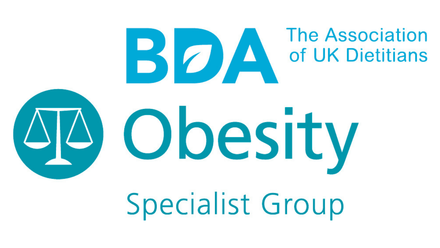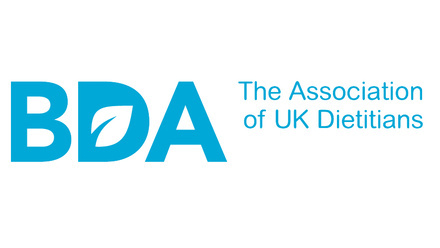In a recent House of Lords discussion, Lord McColl sparked controversy by suggesting that individuals living with obesity, should ‘eat less and do with one fewer meal a day’ in order to save the NHS £50billion a year. This simplistic view, categorising a multifaceted issue as a matter of personal choice, is extremely unhelpful but is something we at the BDA see time and time again.
Obesity is a complex, chronic, relapsing condition and it is essential we stop shaming and blaming individuals. Lord McColl’s focus on personal responsibility overlooks individual factors, genetics, gender, ethnicity, health conditions, inequality of access to NHS services and body composition, which evidence shows are critical factors impacting a person’s weight. Obesity presents a complex issue with no easy answer but to suggest cutting out a meal as the solution for a complex condition is concerning.
Weight stigma is a significant problem and amplifies the difficulties faced by those living with obesity. Discrimination and bias in education, workplaces, healthcare settings and in the corridors of power detrimentally affect people living with obesity and the support they receive.
Dietitians recognise individual differences, societal inequalities, the inverse care law and reject harmful stereotypes and would like politicians making decisions on our behalf, to use dialogue that fosters dignity, respect, meaningful support and avoids discrimination. The BDA remains committed to nurturing this dialogue and navigating the intricacies of obesity with empathy and understanding and addressing weight stigma head on.







